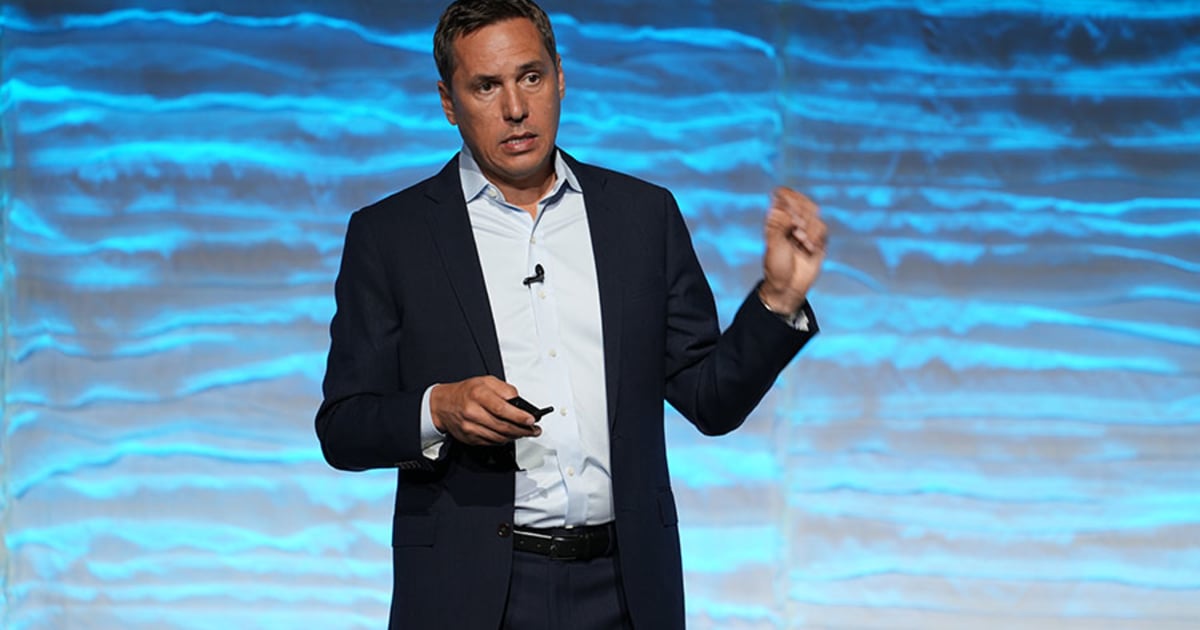
The return to more-regular economic activity after the supply chain snarls and federal stimulus of the pandemic is making this year’s historically excellent prospects look almost disappointing, speakers at the New York Auto Forum said Tuesday.
Last year was “hands-down the most profitable year ever” for auto dealers, said Thomas King, president of the data & analytics division and chief product officer at J.D. Power. This year, rising production and increasing competition are already driving down prices and profit margins.
The three-month period that just ended, King said, was the “second best first quarter on record” for dealer gross margin and profits from finance and insurance — trailing only last year’s. With the industry in flux and interest rates high, phone cameras shot into the air at the forum to document slides detailing forecasts.
As the Federal Reserve raises interest rates to reduce inflation, other economic concerns have come into play, including the collapse of regional banks including Silicon Valley Bank and Signature Bank, said Paul Gruenwald, global chief economist at S&P Global.
While the bank failure sparked memories of the global financial crisis a decade and a half ago, he said widespread contagion appears unlikely because the banking system is in much better shape.
The job market remains strong as does spending on services, which has driven robust economic results recently, despite the slumping goods sector, including autos.
Nevertheless, the U.S. economy has remained resilient, leaving the oft-predicted downturn yet to materialize.
It’s “the most anticipated recession in modern history,” Gruenwald joked.
While the industry is returning to more normal production schedules, automakers don’t want to revert to any bad habits.
Pandemic-era inventory shortages could lead to longer-term changes to production, John Murphy, a senior auto analyst Bank of
America Merrill Lynch. Automakers have seen the benefits of low inventory and might not be incentivized to boost output, he said in an afternoon paenl.
General Motors, for example, paused production at a full-size pickup plant last month to avoid oversupply.
“The impetus to really drive volumes significantly higher at a lower price point and not make as much money is just not there,” said Murphy.

